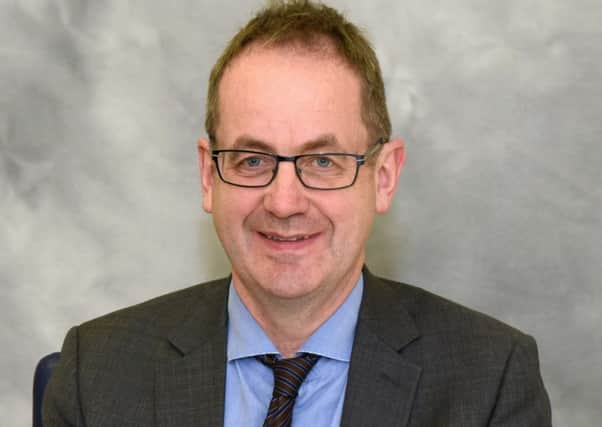Call for action as review reveals increase in death rate in most deprived areas of Falkirk


And that’s just one of the challenges facing the Health and Social Care Partnership – set up to ensure the health service and council work together to tackle health issues – as it revealed its latest strategic plan, which will guide its work for the next three years.
A huge increase in drug-related deaths, which have seen a massive spike in recent years; an increasingly elderly population and an ageing workforce; and falling numbers of GPs are also major headaches for health and care services.
Advertisement
Hide AdAdvertisement
Hide AdCouncillor Pat Reid was unimpressed with the figures showing health inequality rising in such a stark way and questioned how effectively health and social care partners were working together.
He said: “I think community planning has been an absolute disaster. It came in 12 years ago, but it seems to be a languid, almost turgid process with very few results at the end of it. “
Chief executive Kenneth Lawrie defended the process, saying it “can be a great force for good”.
“What it should be about is galvanising the partners to get stuff done, which is important to the communities we serve and there are examples of community planning that have achieved that.”
Advertisement
Hide AdAdvertisement
Hide Ad“We are about to revisit the community planning priorities and we need to look at the statistical evidence and the evidence from our communities to determine what our priorities should be.”
But Councillor Reid replied: “I don’t think ‘galvanise’ is the word I would apply to community planning. It’s probably the last verb or adjective I would apply!”
Joe McElholm, head of social work adult services, who was presenting the report told councillors that they were “strongly committed” to tackling the problems around health inequalities.
But, he added: “Health inequalities are linked to poverty and poverty is increasing – that is a given, with some of the wider changes that have happened economically over the period Councllor Reid is referring to.”
Advertisement
Hide AdAdvertisement
Hide AdHe did agree that it had taken too long to set up health and social structures that would work together to tackle the many challenges healthcare was facing – but he was hopeful that a new structure that divided areas into localities would be more effective.
“I’m confident the new localities will help us give additional momentum and energy into those areas.”
Three posts will be funded to work in each locality to help the work of the partnership and a community link worker will also be introduced.
The report also defended service improvements that had come about through working in partnership with the Community Trust so that young adults can access more leisure opportunities.
Advertisement
Hide AdAdvertisement
Hide AdIt also highlighted the creation of an enhanced dementia team, bringing together nursing staff, social work, Alzheimer’s Scotland workers and a consultant psychiatrist.
Priority now will be given to mental health and ensuring carers are better supported in their roles, as well as early intervention to tackle substance misuse, while the report also pledges to continue to build on work that is being done with the housing department to provide suitable adapted housing for those in need.